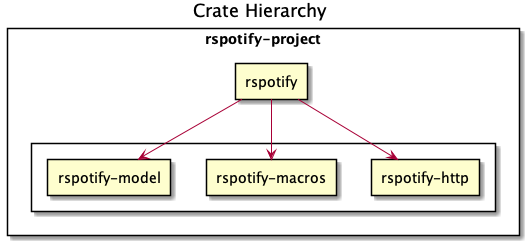
1. Why you shouldn't obsess about Rust "features"
Rust makes it very easy to express conditional compilation, especially thanks to Cargo “features”. They’re well integrated into the language and are very easy to use. But one thing I’ve learned by maintaining RSpotify (a library for the Spotify AP...

